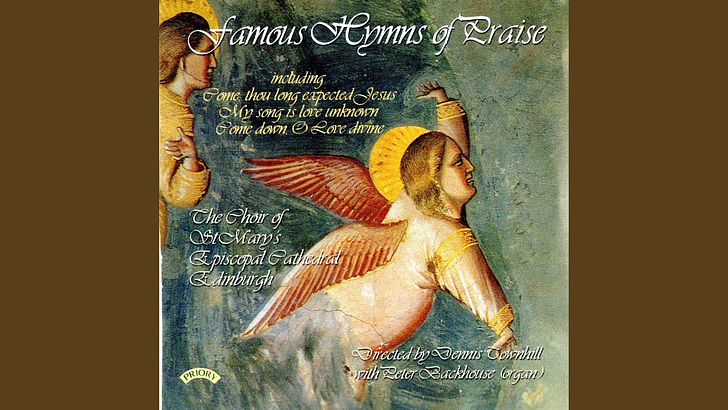Be Thou My Vision
Attributed to Saint Dallan / English verses by Eleanor Hull (1912)
“I cried out to you, O Lord,” says the psalmist, “I said, You are my refuge, my portion in the land of the living” (142:5). We are too accustomed to such words. What is the psalmist saying?
Everywhere else in the world, men want things from the gods, but otherwise they’d be far more comfortable if the gods stayed wherever they were. The old and hones…
Keep reading with a 7-day free trial
Subscribe to Word & Song by Anthony Esolen to keep reading this post and get 7 days of free access to the full post archives.



